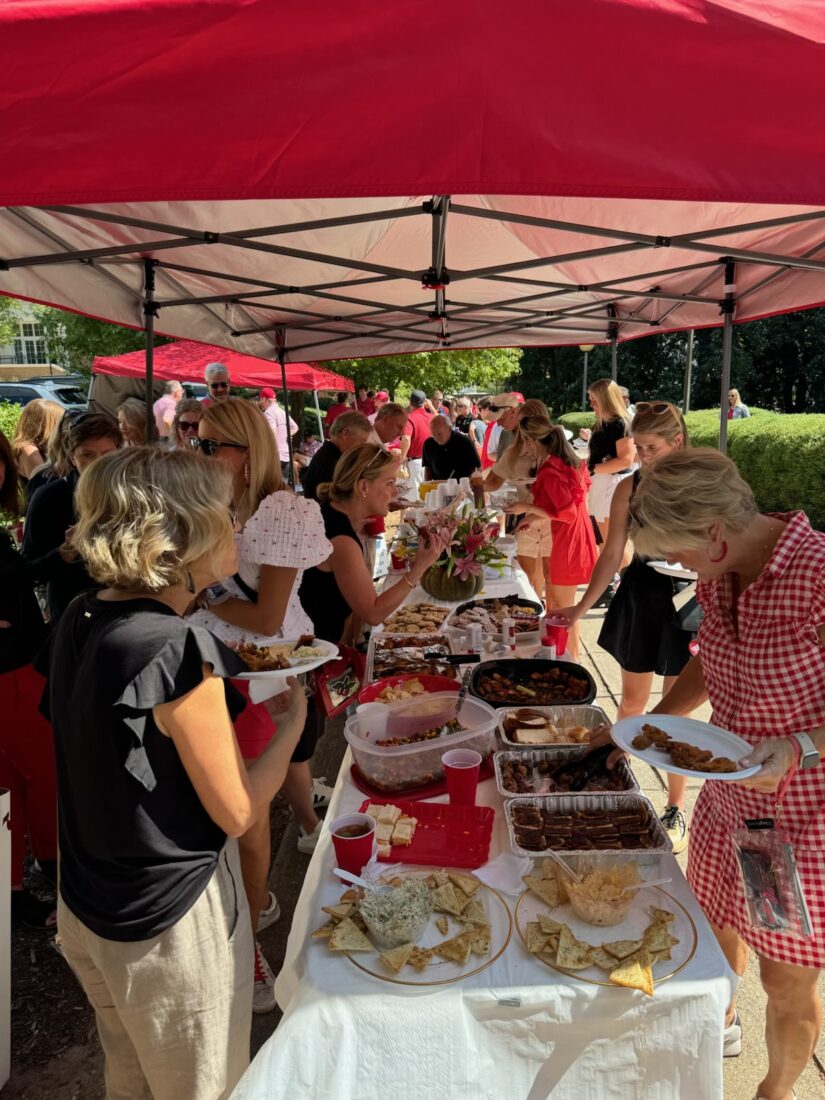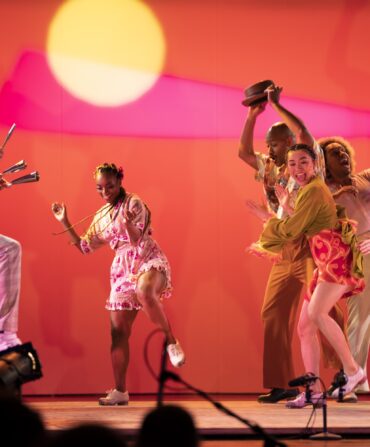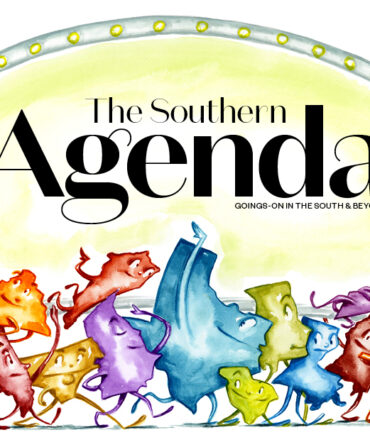Like anyone reared in a relatively small Southern city, I know certain people because they went to school with me, and I know others because of church. Some people grew up down the street and others played on my rec basketball team in the third grade and I’ve been bumping into them in the Publix checkout line every Thanksgiving since. But because I grew up in Athens, Georgia, there is also a group of about a hundred families that I know “from tailgate.”

Six Saturdays every fall, plus one rare Friday night this year, the GATA tailgate gathers before University of Georgia football games. It looks like any other party you’d (potentially quite literally) stumble upon as you meandered through Athens—or Oxford, or Columbia, or Tuscaloosa, or Knoxville, or fill-in-the-blank college town—on game day. There are tents, televisions, tables, and coolers under a bevy of oak trees tucked into a corner of academic buildings just south of the stadium. Only it’s a couple hundred people bigger than most—so big, in fact, it’s a registered LLC. And while it necessitates some front-loaded coordination, I’d argue that the size is actually its greatest strength.
In 1986, Jimbo LaBoon founded GATA—officially the “Greater Athens Tailgate Association,” though the name also nods to a favorite, slightly crass acronym coined by former UGA defensive coordinator Erk Russell—with about twenty-five of his friends. It’s moved locations over the years due to campus construction, parking regulations, and its own population growth, but forty years later the tradition is as strong as ever.
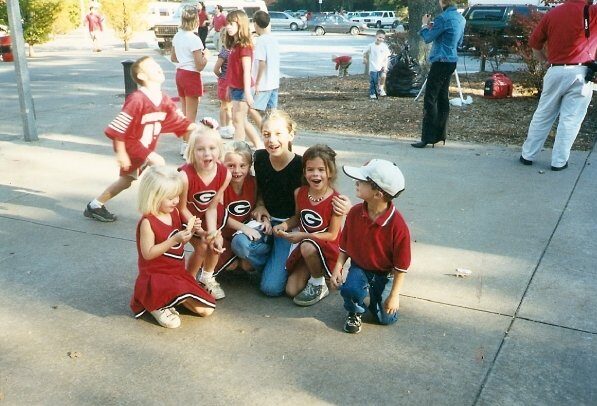
“The key to it is you have to have somebody who’s going to be there at every game,” says LaBoon, who hasn’t missed a Georgia home game since 1971 (no, seriously). He’s also enlisted the help of Tamarious Hill, who has acted as LaBoon’s bartender, collaborator, and right-hand man for thirty years. LaBoon collects dues at the beginning of each season, which go towards food, drinks, and a salary for Hill, and the Friday before every home game, he loads up a truck with supplies from Sam’s Club and ices down cases and cases of beer. On average, LaBoon buys around fifteen cases of beer per game, plus ten bottles of Tito’s, along with bourbon, tequila, and scotch. (At one raucous night game against Tennessee long before I was of legal drinking age, the group consumed a whopping fifty-one cases.) Saturday mornings, LaBoon and Hill, along with LaBoon’s weekly running group, meet at the tailgate spot at 7 a.m. to set everything up.
There are also administrative duties to consider. Each year, every member family is sorted into a team headed by two captains, a system that ensures no one works more than one game a season. “Smaller games have fewer people, bigger games have more,” says Pam Dillard, who has orchestrated this process for the last decade. “We’ll decide the menu, and the team takes it from there.” Usually the captains coordinate the main dish, pulling money from the dues, and everyone else brings sides, desserts, or decorations.
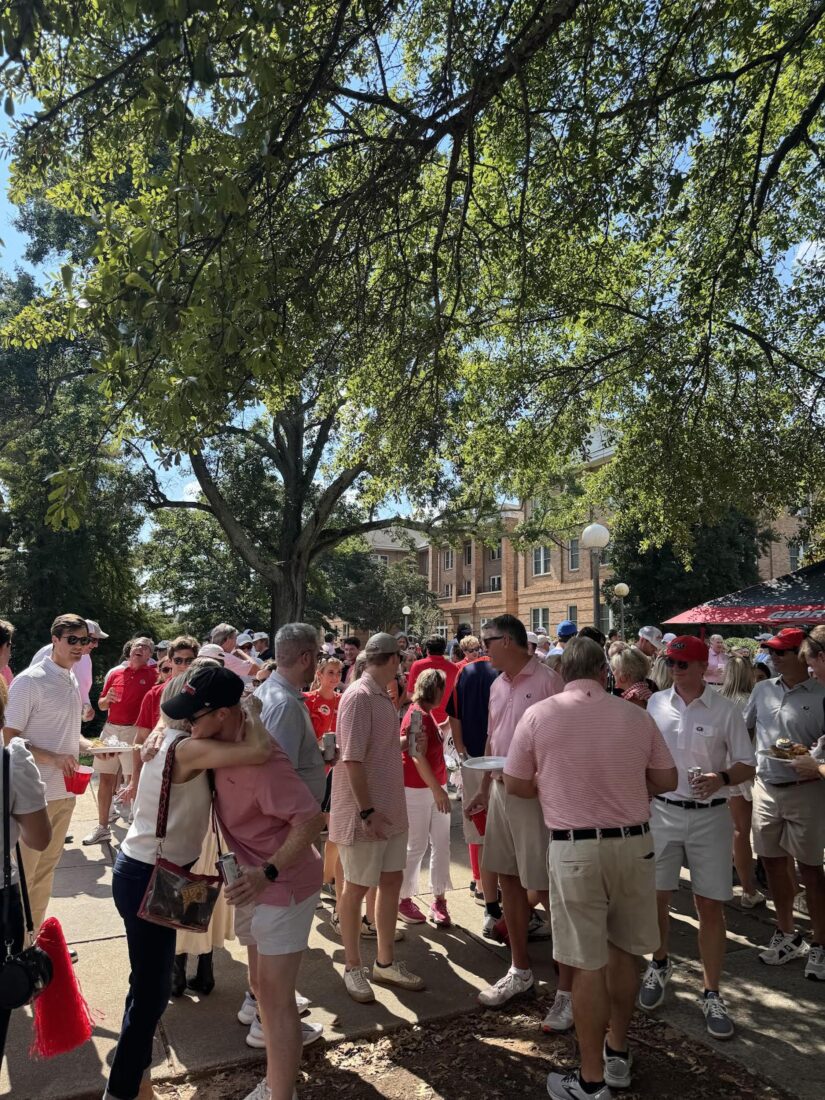
“Over the years, people get really attached to the schedule and team,” Dillard says. “For instance, one group always makes ribs. One group likes chili. We normally do hot dogs and hamburgers for the first game and the really big games.”
The really big games, in fact, can get really big. “I wanted to make a family tailgate, but now the families have grown,” LaBoon says. “The kids have kids now. A family that used to be just two people, now you may have eight or ten.” And members are welcome to bring their friends—within reason. (Once, after the entire Auburn flag corps was seen filling up their plates in the buffet line, the guest list got a little stricter for a few games.) “There have been some games where we couldn’t feed people fast enough,” Dillard says. “I felt like we worked at the Varsity.”
Like school and church and my childhood neighborhood, tailgate has been a gathering place for my family over the years. I made some of my warmest early memories beneath those tents and oak trees in scratchy polyester cheerleading uniforms, and these days, when I can get back to town for a game or two each season, I can always count on tailgate for equal parts Bloody Marys and hugs around the neck. For LaBoon and Dillard, that makes all the effort worth it. “There are a lot of members of the tailgate I don’t really get to see but during the fall,” LaBoon says. “I love my friends and I love Georgia football. That’s why I do it.”


